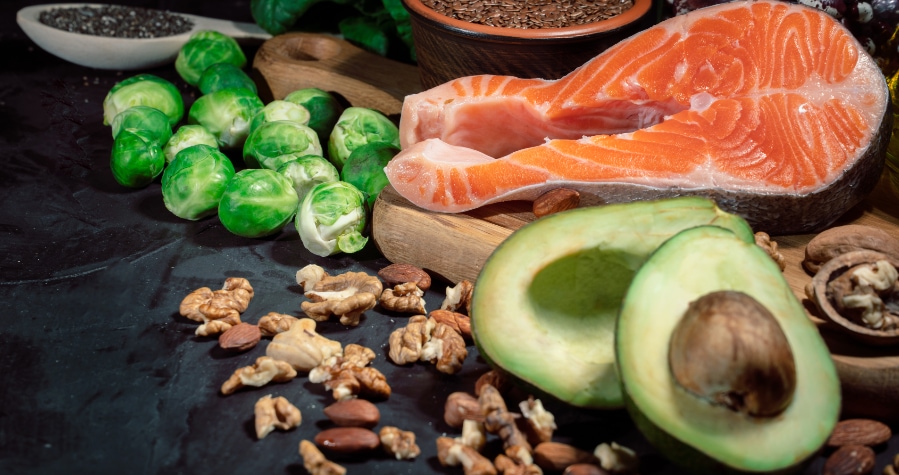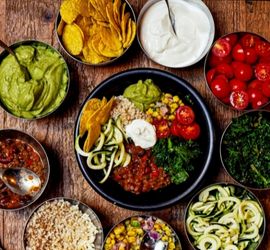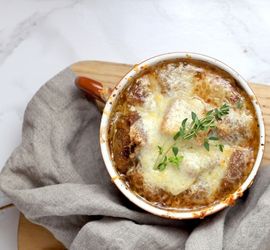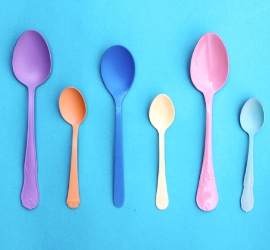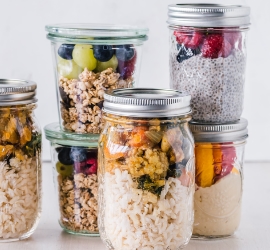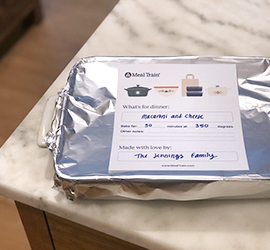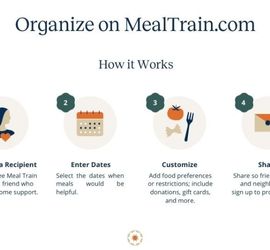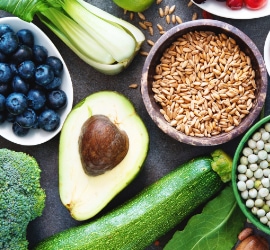Maintaining a healthy diet can provide many benefits like helping to boost your immune system, strengthen bones and even lower your risk of heart disease and type 2 diabetes. But did you know some foods have been shown to support brain health? Our brains rely on us to fuel them with certain nutrients that help us create memories and stay focused and energized.
It is important for everyone to incorporate brain-healthy foods into their diet, but these foods can be especially beneficial for those living with dementia or Alzheimer's disease, as some foods may help slow cognitive decline.
If you are supporting someone with dementia or Alzheimer’s disease with a Meal Train delivery, try incorporating some of these 5 foods shown to promote brain health.
Green, Leafy Vegetables

Greens like spinach, kale, and collard greens are rich in brain-healthy nutrients like vitamin K, lutein, folate and beta-carotene. Research suggests these nutrients may help slow cognitive decline. These veggies can be prepared in a variety of ways for a yummy side dish, or as a base for salads and slaws.
Nuts and Seeds

Nuts and seeds are packed with a variety of nutrients and because of this, they are sometimes referred to as superfoods. Nuts and seeds contain high levels of protein, which is an important building block for the neurotransmitters that send messages throughout our brains. Nuts and seeds also contain omega-3 fatty acids shown to support memory. Try incorporating nuts and seeds into your next recipe as a salad mix-in or a home-made granola – or try making a nut or seed butter in the food processor to pair with fruit.
Note: Nut and seed allergies are common – please confirm Meal Train recipients do not have nut or seed allergies.
Salmon

Fresh salmon is more than a delicious protein option – it’s also packed with brain-nourishing omega fatty acids which may help reduce the risk of Alzheimer’s disease. In addition, salmon contains DHA, a building block of the brain that helps to improve brain function. Poached, smoked, baked or grilled, you can find endless recipes for cooking up a tasty plate of salmon.
Avocados

Popular for their creamy texture and versatility, avocados have become a common household staple. But did you know that they’re also great for promoting brain health? Avocados are high in omega fatty acids that are essential for cell growth and brain development. What’s more, avocados contain vitamin E which protects from free radicals that can damage cells. You can use avocados for more than just guacamole – try spreading some avocado on toast or add it to a smoothie for a delicious breakfast. You can also try whipping up some avocado chocolate pudding by combining them with a bit of milk, honey, cocoa powder and vanilla for a healthy sweet treat.
Quinoa

Last, but definitely not least on our list of brain-healthy foods is quinoa – an ancient whole grain (though, technically a seed) filled with beneficial vitamins and minerals. Quinoa is a complex carbohydrate that can help provide a steady supply of oxygen needed for normal brain function. It contains iron that’s important for attention and concentration. This tiny grain is also a source of vitamin B which helps make brain chemicals important for creating memories. Quinoa’s nutty flavor makes it a great rice substitute – it can be added to a salad or used as a stuffing or binder in other recipes.
Get some more inspiration by checking out these brain-healthy recipes here: 3 Simple Recipes to Support Brain Health.
US3751


